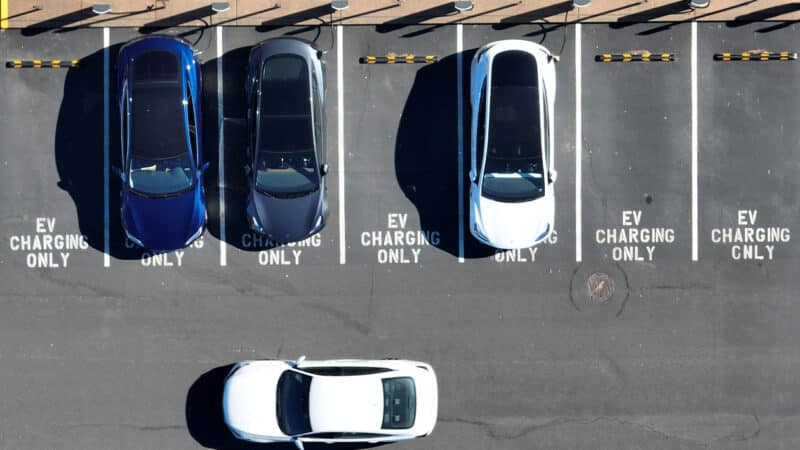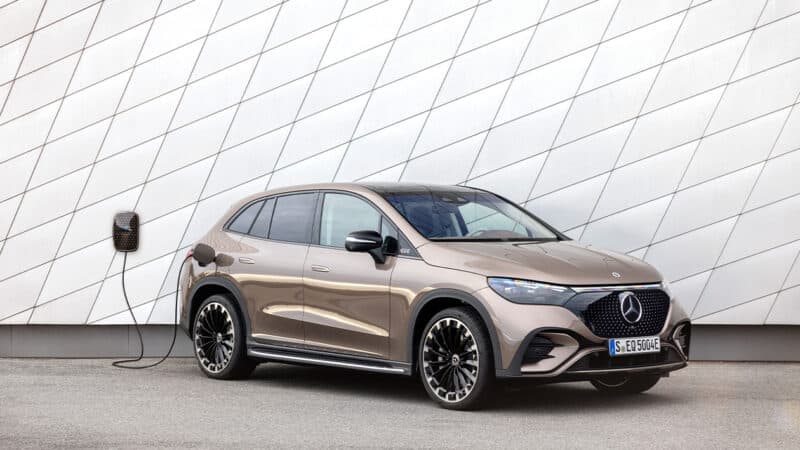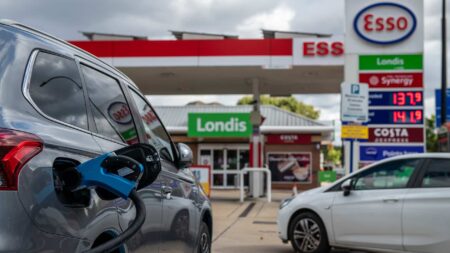For those charged with selling EVs in the UK, there was more bad news in the recent budget. The Office for Budget Responsibility now says that instead of EVs accounting for a quarter of all new car sales in 2023, the actually number will be less than one fifth. And if you think that’s bad, four years from now instead of EV sales accounting for 67% of sales, the new projected number is just 38%. In other words from over two thirds of new car sales to less than two fifths.
There are no shortage of culprits to blame, the government only being the most obvious, first for not putting more money into infrastructure building, second for kicking the can for the cessation of sales of new pure ICE cars back to 2035. But so too can you blame high interest rates and the generally downward trend of the oil price.
But ultimately, at least in my simplistic and probably overly binary mind, it comes down to one fact, which the industry does not care to talk about which is why it seeks to blame any external issue it can find. But at its most basic, electric cars are not yet good enough to justify the enormous cost of buying them. This is not quantum physics: until you can buy a car an electric car that’s as good as an old Ford Fiesta, for the same money as you’d have paid for an old Ford Fiesta, people will stick to their old Ford Fiestas. And whatever happens with interest rates, the oil price or the identity of the next occupant of Number 10, I can’t see that changing any time soon.




